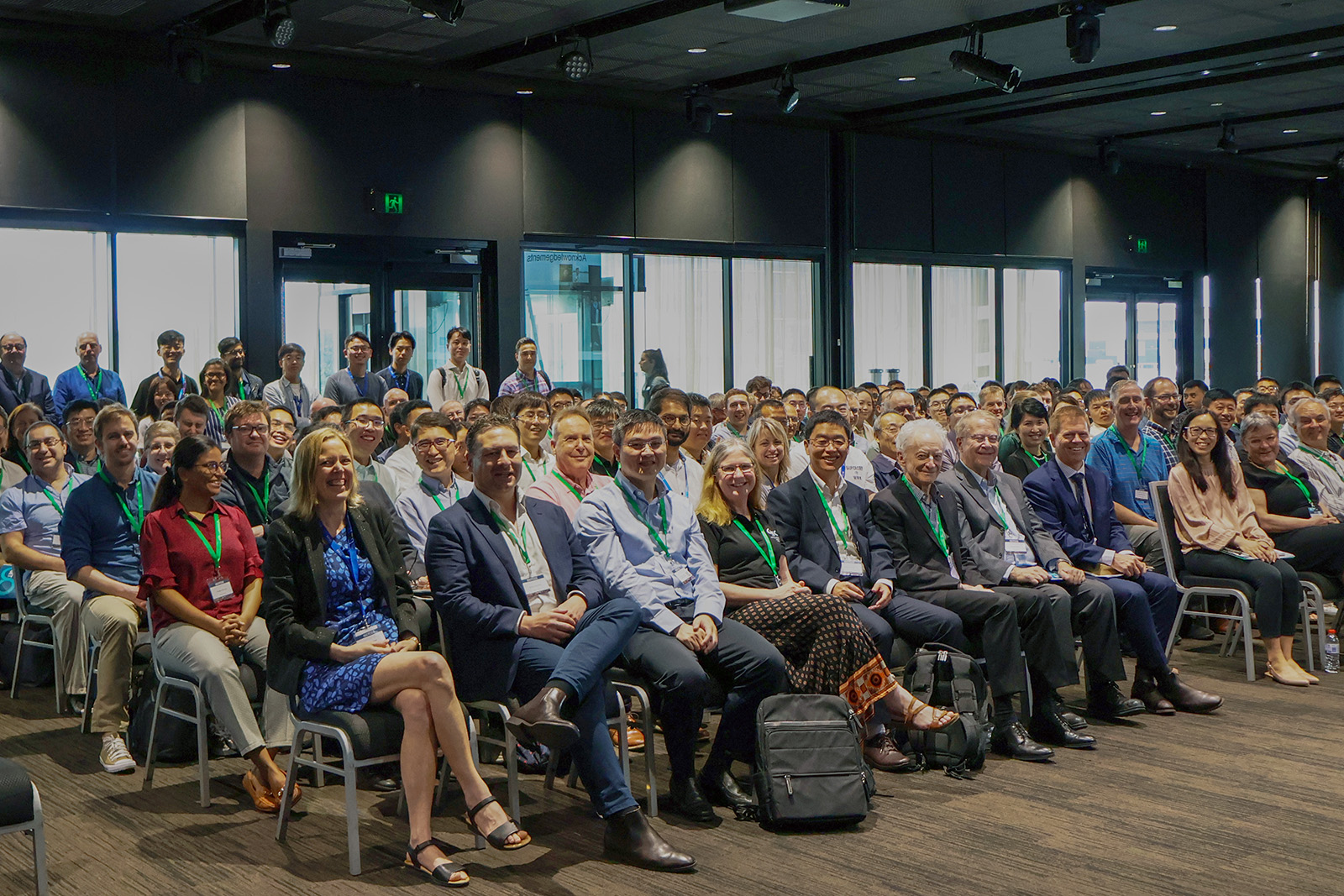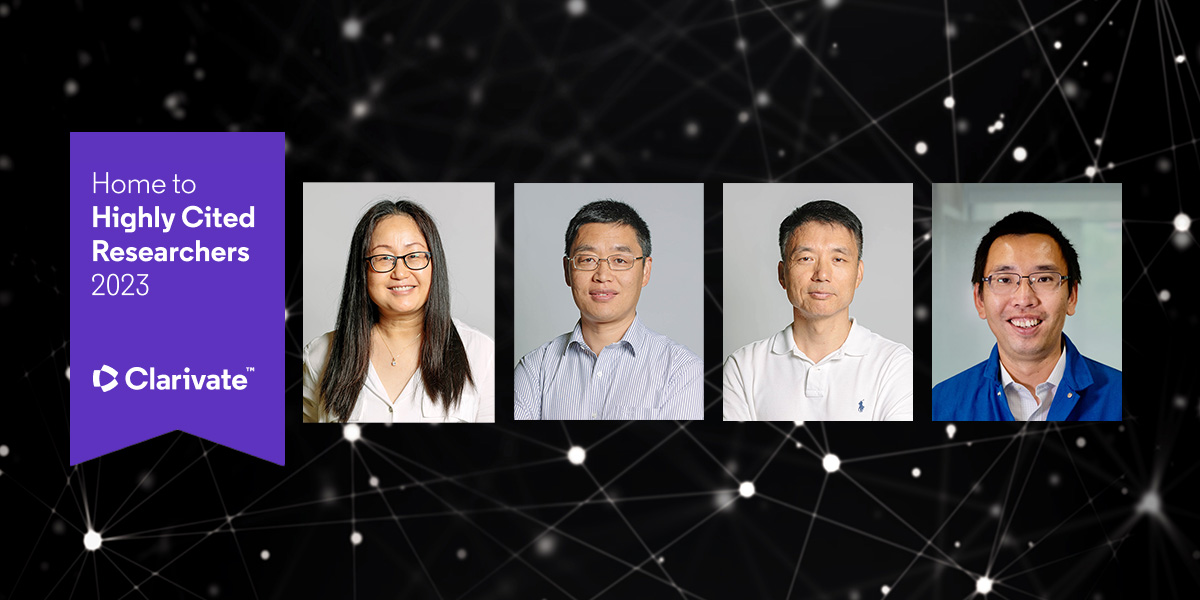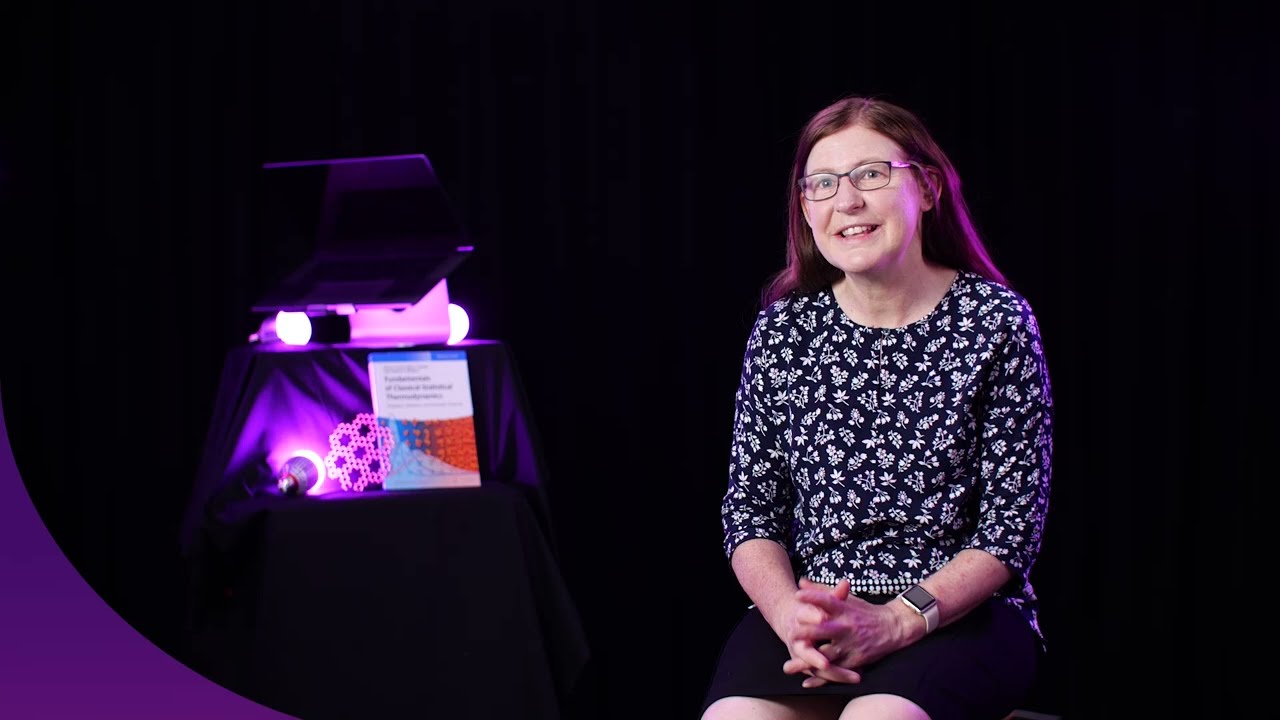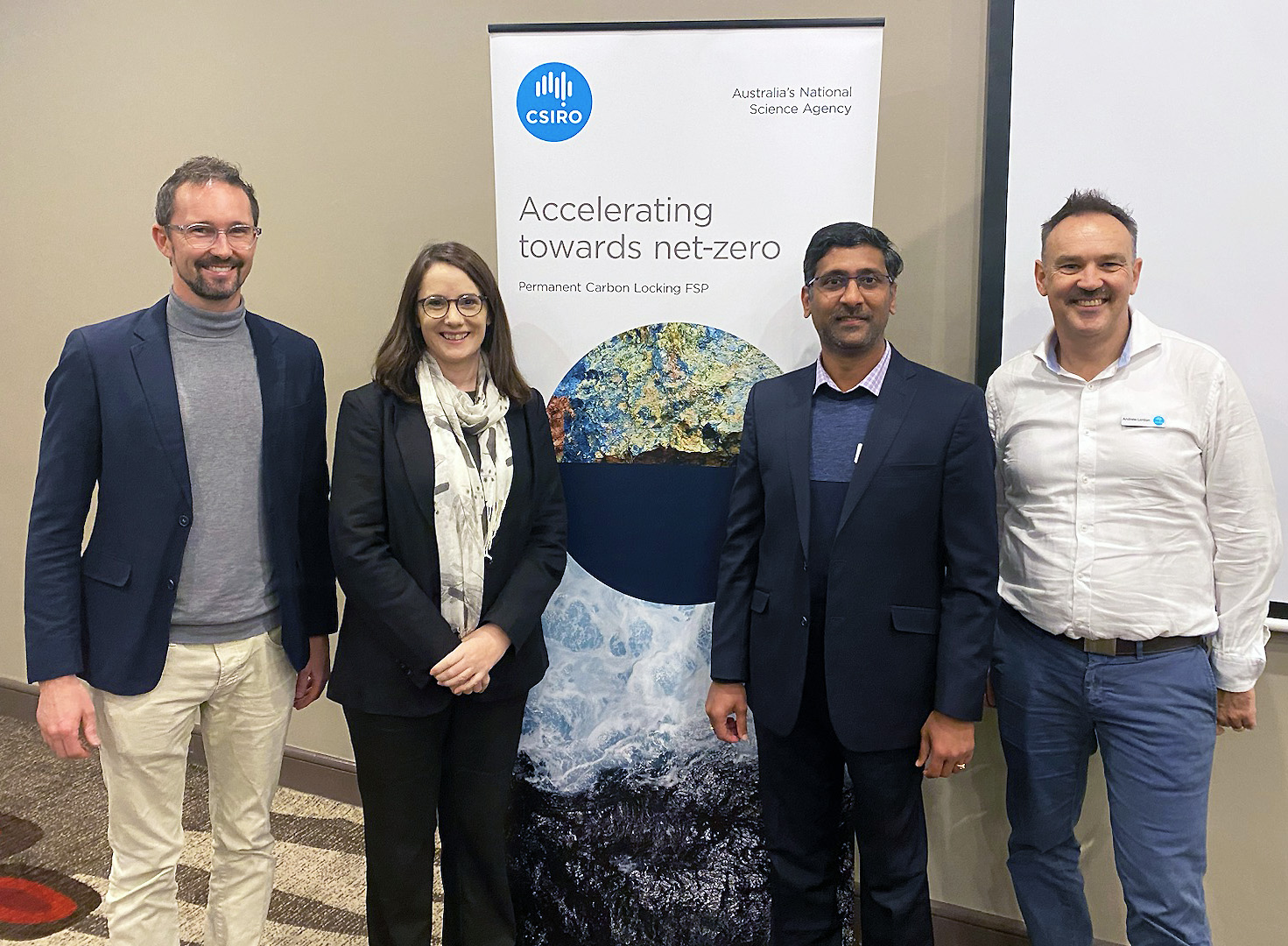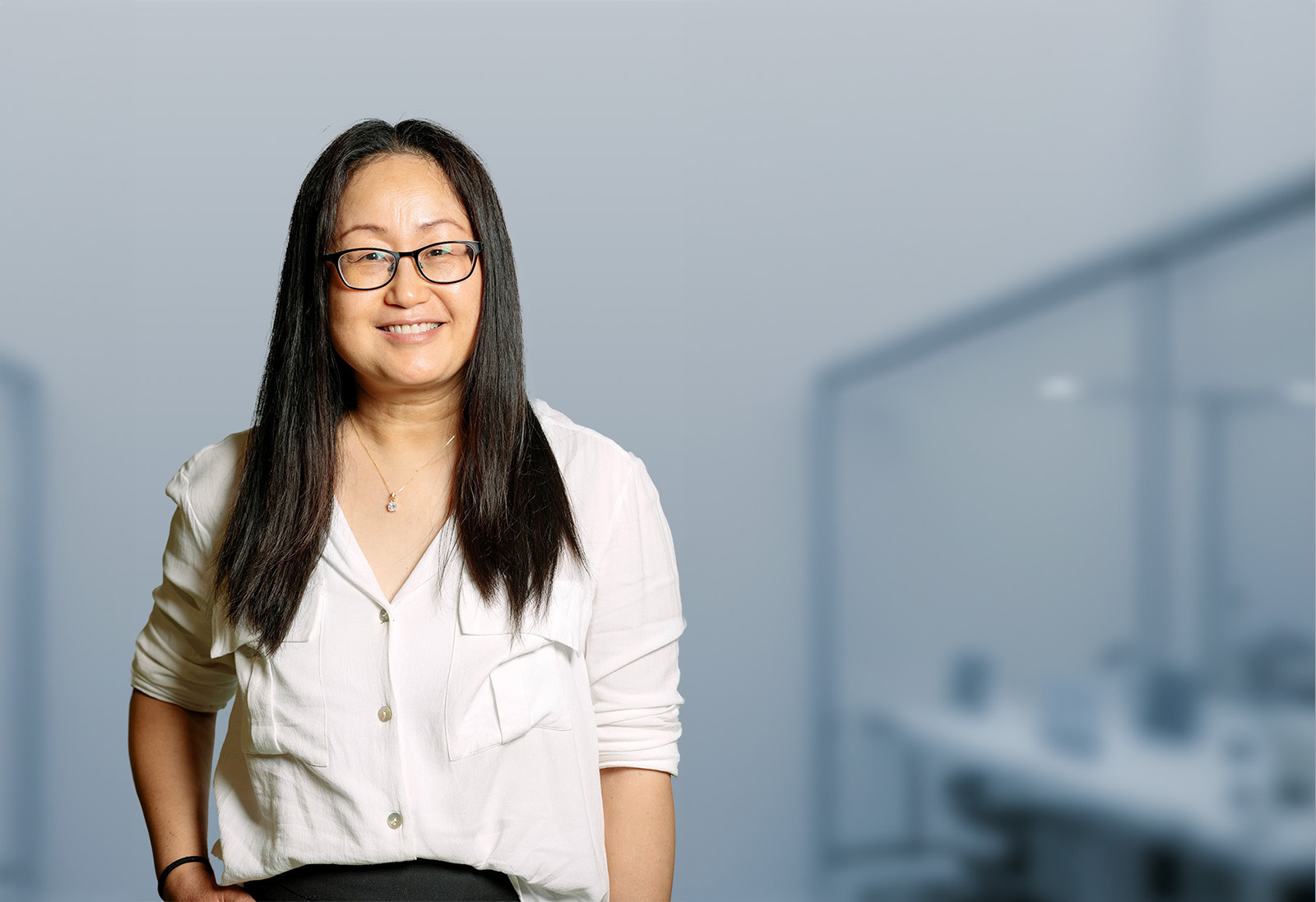The inaugural International Symposium on Green Transformation of Carbon Dioxide (ISGTCO2) was a grand success, with over 170 delegates from around the world gathering in Brisbane, Australia, from 28 November to 1 December 2023.
The symposium aimed to inspire and advance research collaboration on using carbon dioxide as a resource and developing solutions to accelerate the progress toward net-zero targets. With the theme, “Cooperating on a global opportunity,” the symposium embodied the spirit of GETCO2 as an international, multi-institutional, inter-disciplinary, and highly collaborative ARC Centre of Excellence.
Over three days, ISGTCO2 covered 100 presentations across three concurrent streams. The topics spanned across CO2 capture, CO2 reduction technology landscape, catalysts, membrane electrolysis, system simulation, advanced characterisation, and carbon bonds. In between the highly technical discussions and presentations, there was also time to network, attend a gala dinner at the beautiful Customs House on the Brisbane River – and an opportunity to meet some local Australian wildlife!
The feedback from delegates was overwhelmingly positive and confirmed the importance of bringing experts together from across the world to share their insights and join forces in the journey towards a sustainable future.
Now it is time to GETCO2!
Symposium stats:
- 171 delegates from 10 countries
- 36 female delegates
- 100 presentations
- 1 wombat, 1 owl and 3 reptiles (representing the local wild Australians)
Symposium Plenary speakers:
- Prof. Robin Batterham, The University of Melbourne, Australia
- Prof. Alexis T. Bell, Berkeley University of California, USA
- Prof. Debra Bernhardt, The University of Queensland, Australia
- Prof. Sir Anthony Cheetham, University of California, Santa Barbara
- Dr. Mark Jacobs, Queenland Government, Department of Environment and Science, Australia
- Prof. Feng Jiao, Washington University in St. Louis, USA
- Prof. Graeme Henkelman, The University of Texas at Austin, USA
- Prof. Sandra Kentish, The University of Melbourne, Australia
- Prof. Shizhang Qiao, The University of Adelaide, Australia
- Prof. Jennifer Wilcox, The University of Pennsylvania, USA
- Prof. Huijun Zhao, Griffith University, Australia
- Prof. Chuan Zhao, The University of New South Wales, Australia
Symposium award winners:
Congratulations to:
- Dae-Hyun Nam, Daegu Gyeongbuk Institute of Science and Technology (DGIST) – winner of the Shimadzu Best Presentation Award, sponsored by Shimadzu Corporation
- Yu Yang, the University of Sydney – winner of the Best Student Presentation Award, sponsored by Elsevier Materials Today Chemistry
- Ahmad Zhafran Md Azmi, University of New South Wales – winner of the Best Student Presentation Award, sponsored by Elsevier Materials TodayChemistry
- Aoni Xu, Technical University of Denmark– winner of the PerkinElmer Outstanding Young Researcher Award, sponsored by PerkinElmer
- Timothy Duignan, Griffith University – winner of the Wiley Outstanding Young Researcher Award, sponsored by Wiley
Symposium sponsors:
A big thanks to our sponsors for their support:
- PerkinElmer
- Royal Society of Chemistry
- Elsevier Materials Today
- Shimadzu Corporation
- ProDigitek
- Wiley Advanced Sustainable Systems and Advanced Energy & Sustainability Research
Program booklet and more info:
For more information about ISGTCO2 2023 please visit the Symposium website and check the program booklet.
